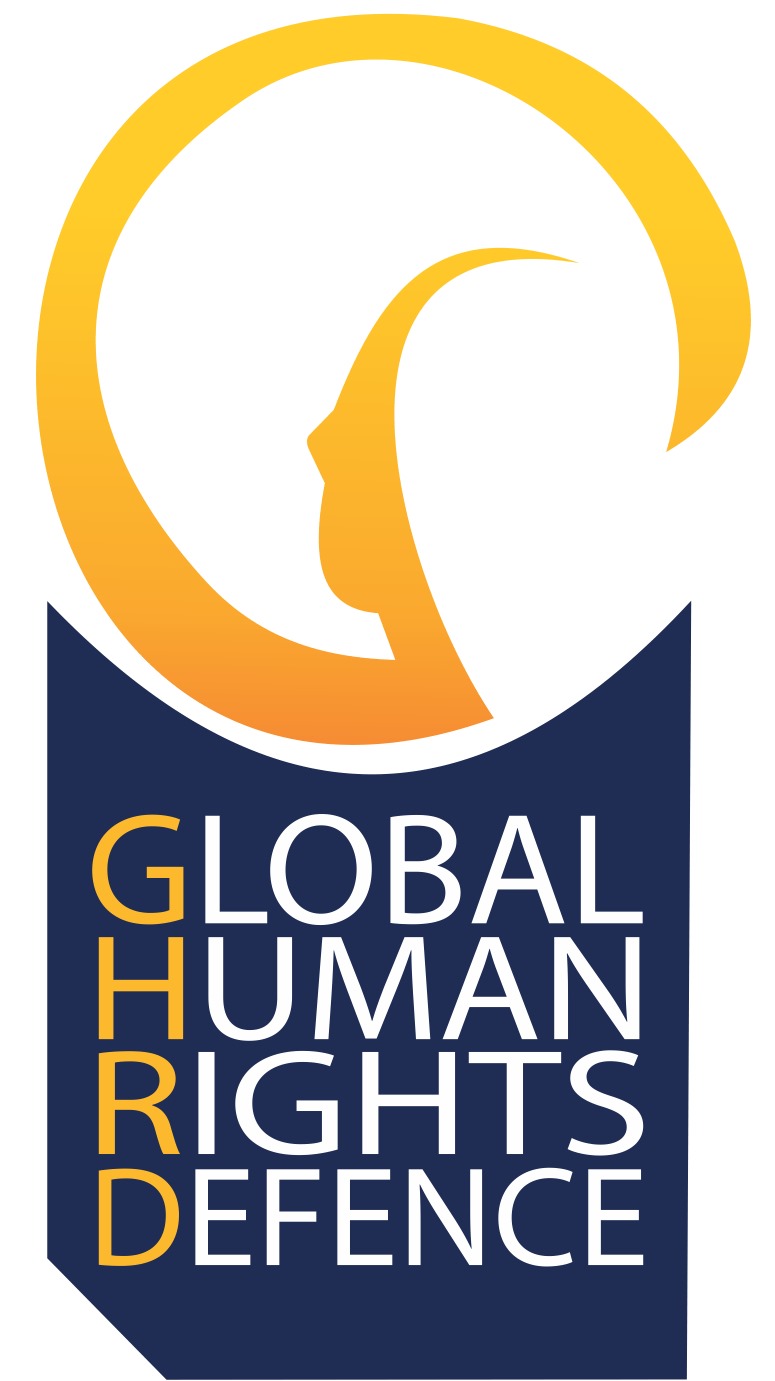- info@ghrd.org
- Mon-Fri: 10.00am - 06:00pm
Archive
21 Aug
Child Early and Forced Marriage as Woman’s Rights Violation: A Common Reality in Niger, Bangladesh and the Dominican Republic
Despite global efforts to reduce Child, Early, and Forced Marriage (CEFM), its eradication by 2030 remains unlikely due to economic challenges, gender stereotypes, and patriarchal norms. Progress towards ending CEFM […]
READ MORE18 Sep
Challenging State Impunity: The Plight of the Rohingya People and the Gambia’s Claims that Myanmar’s Government has Committed Genocide
The Gambia has filed a case against Myanmar in the International Court of Justice (ICJ), alleging that the country has violated its duties under the Genocide Convention by committing atrocities […]
READ MORE1 Aug
5th Anniversary of Rohingyas’ Exodus in Bangladesh: What’s Next?
August 2022 marked the fifth anniversary of the Rohingya Muslims’ exodus from Myanmar into Bangladesh. Since 2017, around a million people have been sheltered in Bangladesh, marking a serious mobility […]
READ MORE12 Jul
Religious Persecution/Religion-Based Violence in Bangladesh
Bangladesh has been grappling with communal and religious-based violence since its independence from Pakistan in 1971. Radical Muslim groups and religious fanatics have led to constant deaths, disappearances, conflicts, and […]
READ MORE1 Jun
LGBTQ+ Rights in Bangladesh
The LGBTQ+ community in Bangladesh faces numerous systemic injustices, including physical and sexual violence, low representation in political and administrative bodies, discrimination in employment policies, and lack of access to medical services. This report aims to present the current situation of the LGBTQ+ community in Bangladesh, which has been largely due to the rise of religious extremism in the country. Despite initial improvements, such as the legal recognition of Hijras in 2013, the position of the LGBTQ+ community deteriorated due to the increasing influence of Islam in the country's public space. In 2016, the government urged to annul the Rainbow Rally celebration, and in the same year, Xulhaz Mannan, founder of Bangladesh's first and only LGBT+-themed magazine "Roopbaan," was killed by assailants associated with al-Qaeda. The number of arrests on the ground of "carnal intercourse against the order of nature" has exponentially increased in recent years, highlighting the ongoing police harassment against LGBTQ+ individuals. The report will analyze the legal, societal, political, and religious elements contributing to violence and discrimination towards the LGBTQ+ community, highlighting the ongoing violations of their fundamental human rights.
READ MORE20 May
Freedom of Speech in Bangladesh
Freedom of expression is a fundamental pillar of democracy, allowing everyone to participate in public affairs. It is recognized at international and national levels, including in international human rights instruments and domestic constitutions. Article 19 of the Universal Declaration of Human Rights (UDHR) states that everyone has the right to freedom of opinion and expression, and this is reiterated in the International Covenant on Civil and Political Rights (ICCPR). In Bangladesh, the Constitution of the People's Republic of Bangladesh aims to build a socialist society based on democratic values, ensuring the rule of law and respect for fundamental human rights. However, religion and media owners' influence on journalists hinder the full realization of freedom of expression. The Bangladeshi government's tendency to suppress dissent on social media also violates people's right to information. International organizations and human rights institutions should focus on promoting freedom of expression on social platforms.
READ MORE1 Feb
International Women’s Day in Bangladesh
This report highlights the human rights violations faced by Bangladeshi women, despite constitutional guarantees of equality. Despite the country’s constitutional guarantee of equality, women still face significant disadvantages, including high […]
READ MORE1 Jan
The Bangladesh Climate Crisis: Assessing Climate Change Social Impacts
Bangladesh, a predominantly Islamic country in South Asia, is one of the world’s most densely populated and rural countries, with a high dependency on agriculture. However, the country’s high natural […]
READ MORE1 Aug
Human Rights Violations Against Religious Minority Communities in Bangladesh
The Global Human Rights Defence (ghrd) and Research and Empowerment Organization (REO) have been organizing a global campaign aimed at protecting the human rights of Bangladesh’s minority population. They work […]
READ MORE1 May
Monthly Report on Human Rights Situation in Bangladesh
Bangladesh faces significant challenges in protecting human rights due to the COVID-19 pandemic. Despite the lockdown, violent attacks by terrorist groups targeting non-muslim communities continue, resulting in various forms of […]
READ MOREABOUT US
Global Human Rights Defence (GHRD) is a dedicated advocate for human rights worldwide. Based in The Hague, the city of peace and justice. We work tirelessly to promote and protect the fundamental rights of individuals and communities. Our mission is to create a more just and equitable world, where every person's dignity and freedoms are upheld. Join us in our journey towards a brighter future for all.
ALL CONTACTS
-
Riviervismarkt 5-unit 2.07
2513 AM The Hague - Phone +31 62 72 41006
- info@ghrd.org
-
10:00am - 06:00pm
Saturday & Sunday Closed - Bank Details: NL69ABNA0417943024
SUBSCRIBE
Stay informed and be part of change - Subscribe to our newsletter today!
- Copyright of ghrd 2023. Powered by Desmantle Studio.

